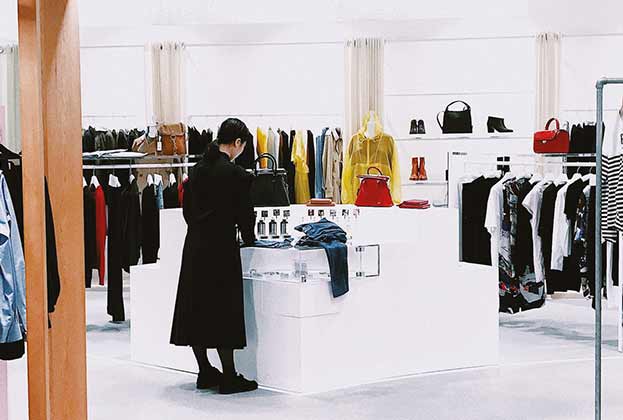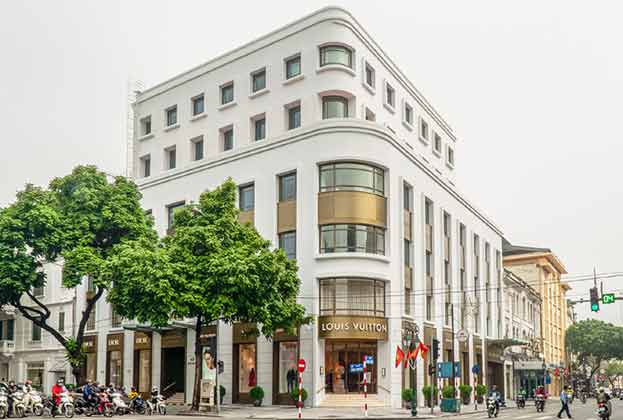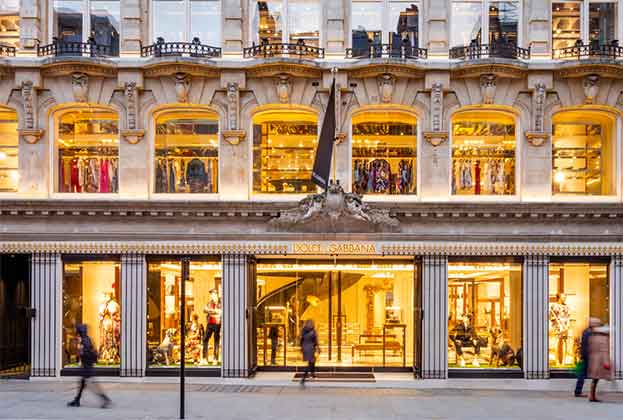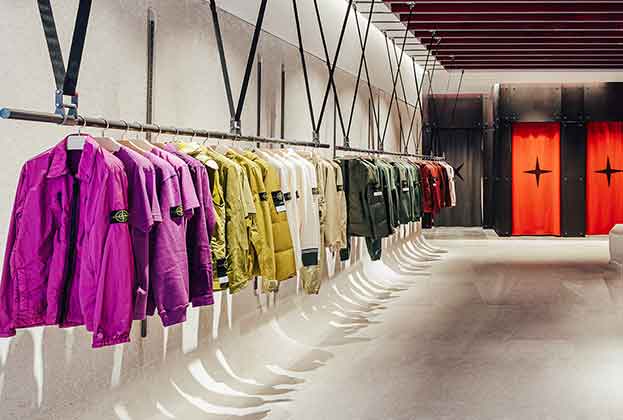Funding and M&A activity increased significantly in 2021, will this translate into store expansion?
Deal activity across the board, both amongst the luxury groups and from venture capital (VC) and private equity (PE) funds, intensified last year highlighting luxury’s relative resilience through the pandemic. While there were several high-profile deals, activity was very much focused on the fast-growing resale segment. However, we expect it will be the deal activity seen in the fashion, jewellery and watch segments that will translate into a greater number of new store requirements
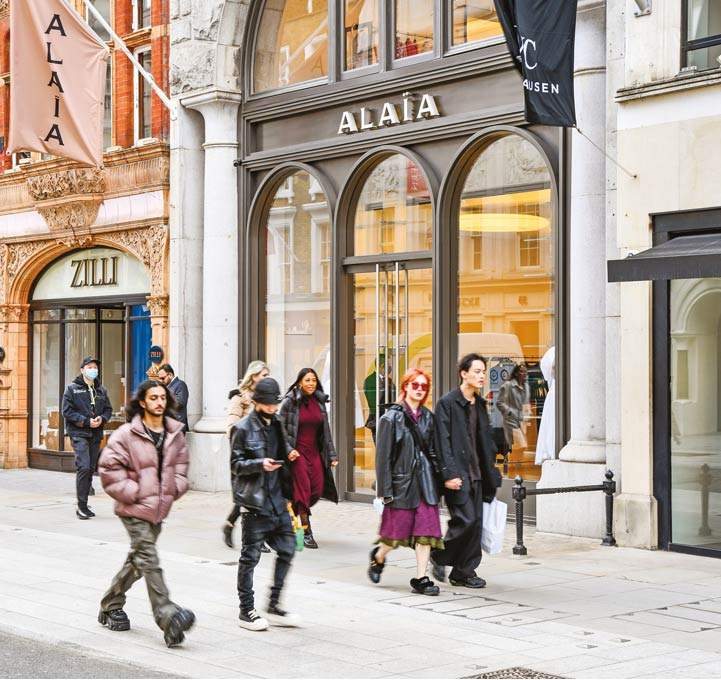
The pandemic may have generated significant operational and revenue challenges initially, but the resilience of luxury spend globally, once markets were able to reopen, meant that for well-capitalised luxury groups it presented opportunities. This is evidenced by the significant increase in M&A and funding activity in the luxury space in 2021. Value-wise volumes were up almost 18 times on 2019 to total in excess of $30.9bn. A large part of this can be attributed to the US$15.8bn acquisition of Tiffany & Co by LVMH that completed in early 2021. But, even on a deal count basis, activity was still over twice that seen in 2019.
Based purely on deal activity, the most active part of the market was the luxury resale and rental space. This segment reported 19 deals, with the majority of targets focusing on luxury resale.
This increased activity aligns with the expansion in luxury resale. Bain & Company estimate that the second-hand luxury market reached €33bn in 2021, a 65% growth on 2017 levels and exceeding the 12% growth seen in the first-hand market.
While the total value of funding in the resale segment was relatively low compared to others, key events include US-based watch reseller WatchBox securing a reported US$165m of development capital. In the UK, The Handbag Clinic secured an estimated US$128m of VC.
Beyond the resale market, fashion and jewellery were the most active on a deal count basis and were the segments where the luxury groups and other luxury brands were the most active. In contrast, the resale segment was dominated by non-luxury VC and PE funds. Key deals include the purchase of a majority stake in Etro by L Catterton, the PE vehicle backed by LVMH and the family holding company of Bernard Arnault for a rumoured €500m. Likewise, LVMH Luxury Ventures acquired a minority stake in Phoebe Philo’s soon to be launched new brand. Richemont acquired Maison Delvaux for an estimated €250m. Moncler also took full ownership of Stone Island parent, the Sportswear Company, acquiring the remaining 30% of the business it did not already own for an estimated €345m. Beyond the Tiffany & Co acquisition, notable jewellery deals include Vashi securing an estimated US$50m in VC funding.
Will this increased deal activity translate into store acquisitions?
While luxury resale dominated deal activity on a count basis this is unlikely to translate into significant store requirements. There are several resale platforms that operate physical stores; however, the focus is likely to remain centred on online platforms.
Where we expect to see activity is amongst those luxury brands that have been acquired or are now backed by larger luxury groups.
Delvaux for example opened four new stores in China in the latter part of 2021 having been acquired by Richemont in mid-2021. Likewise, there has been a flurry of new openings by Tiffany & Co over the second half of 2021, albeit some of these new stores may have already been in the pipeline prior to their acquisition.
Read the other articles within this publication below
.jpg)
